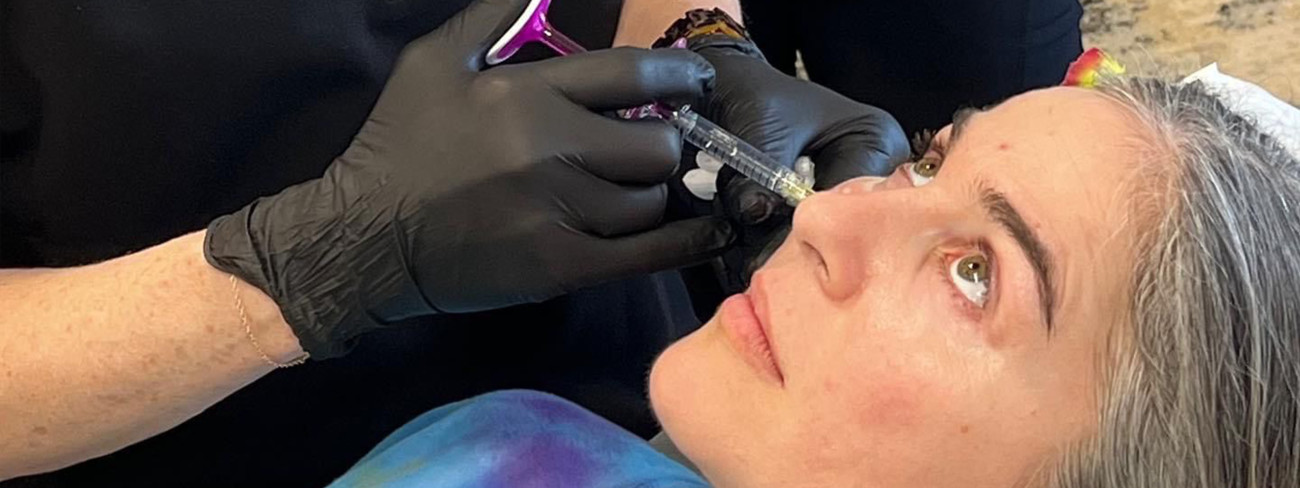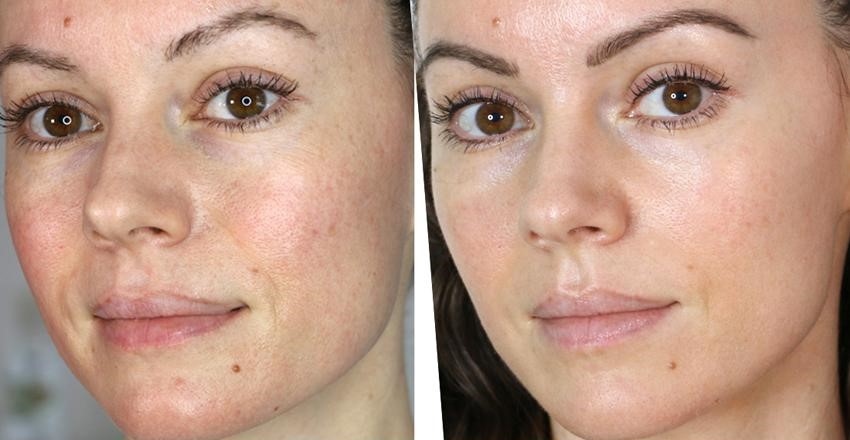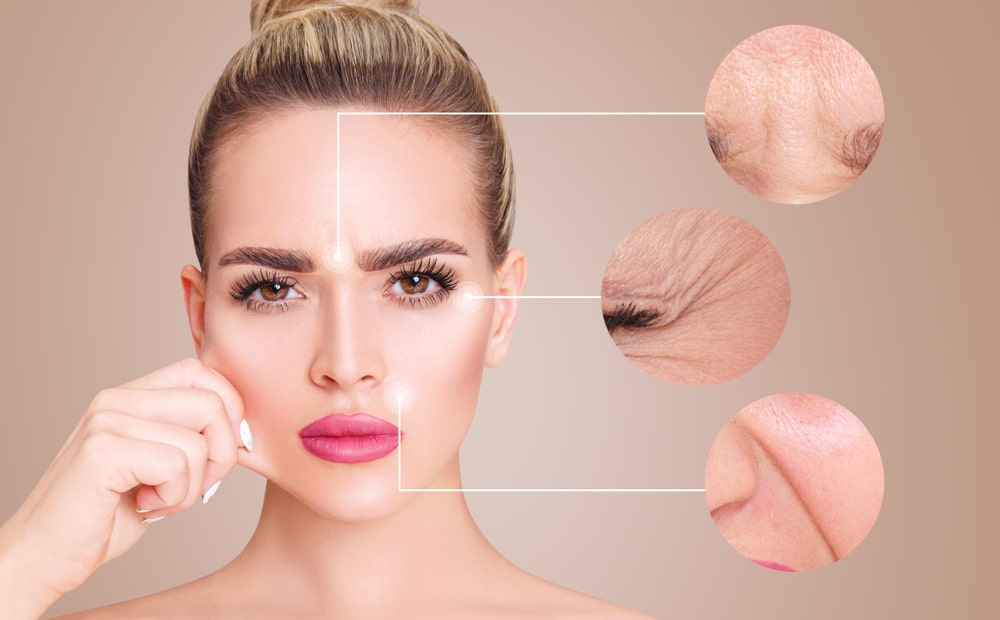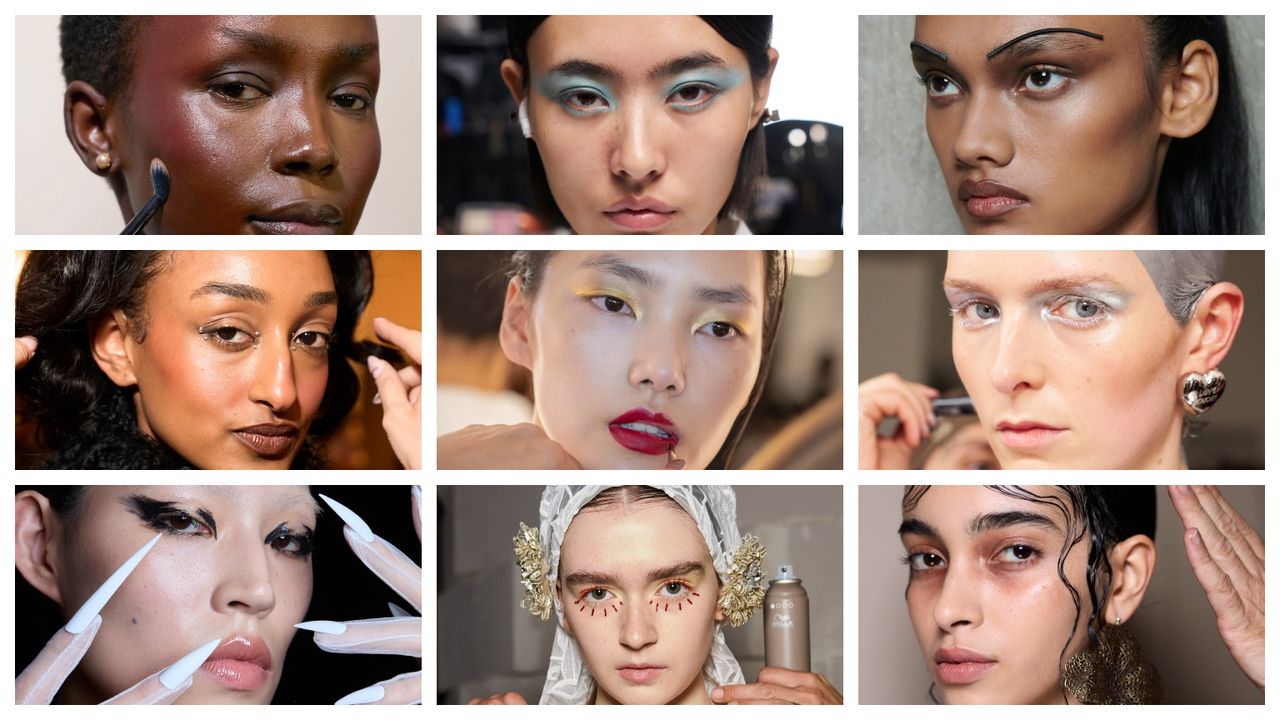The landscape of skincare is evolving rapidly, with advanced skin therapies emerging as a focal point in 2025. This year, we anticipate a surge in innovative treatments that blend technology with holistic approaches, emphasizing natural enhancements and personalized care.
The Rise of Technology-Driven Treatments
In 2025, technology continues to revolutionize skincare. Treatments utilizing artificial intelligence and machine learning are becoming commonplace, allowing for tailored skincare regimens based on individual skin types and concerns. Devices that analyze skin conditions in real-time are paving the way for customized therapies that deliver optimal results.
Holistic Approaches to Skin Health
As consumers become more aware of the importance of overall well-being, holistic skin therapies are gaining traction. These treatments focus not only on the skin’s surface but also on internal health. Techniques such as nutritional counseling, stress management, and mindfulness practices are being integrated into skincare routines, promoting a comprehensive approach to beauty.
Innovative Ingredients and Formulations
The demand for clean beauty is driving the development of innovative ingredients. In 2025, we expect to see a rise in the use of biotech-derived ingredients that are both effective and sustainable. These formulations often include probiotics, peptides, and plant stem cells, which work synergistically to enhance skin health and appearance.
Advanced Laser and Light Therapies
Laser treatments and light therapies are becoming more sophisticated, offering non-invasive solutions for various skin concerns. In 2025, we anticipate advancements in fractional laser technology and LED light therapy, which provide targeted treatments for issues like pigmentation, acne scars, and fine lines. These therapies are designed to stimulate collagen production and promote skin rejuvenation with minimal downtime.
Personalized Skincare Regimens
The future of skincare lies in personalization. In 2025, brands are leveraging data analytics to create bespoke skincare products tailored to individual needs. Consumers can expect to see DNA-based skincare that analyzes genetic predispositions to certain skin conditions, allowing for highly effective treatments that cater to unique skin profiles.
The Role of Teledermatology
With the rise of telehealth, teledermatology is becoming an integral part of skincare. Patients can consult with dermatologists remotely, receiving expert advice and treatment plans without the need for in-person visits. This accessibility is particularly beneficial for those in remote areas or with busy schedules, ensuring that everyone has access to advanced skin therapies.
Sustainable Practices in Skincare
As environmental concerns grow, the skincare industry is shifting towards sustainability. In 2025, expect to see brands prioritizing eco-friendly packaging, waterless formulations, and ethically sourced ingredients. This commitment to sustainability not only benefits the planet but also resonates with consumers who are increasingly making conscious purchasing decisions.
Conclusion
The most advanced skin therapies of 2025 are set to transform the way we approach skincare. With a focus on technology, holistic health, and sustainability, these innovations promise to deliver effective and personalized solutions for all skin types. As we embrace these trends, the future of skincare looks brighter than ever, paving the way for healthier, more radiant skin.
By staying informed about these advancements, consumers can make educated choices that align with their skincare goals and values. ### The Most Advanced Skin Therapies of 2025: What Really Works?
The landscape of skincare is evolving rapidly, with advanced skin therapies emerging as a focal point in 2025. This year, we anticipate a surge in innovative treatments that blend technology with holistic approaches, emphasizing natural enhancements and personalized care.
The Rise of Technology-Driven Treatments
In 2025, technology continues to revolutionize skincare. Treatments utilizing artificial intelligence and machine learning are becoming commonplace, allowing for tailored skincare regimens based on individual skin types and concerns. Devices that analyze skin conditions in real-time are paving the way for customized therapies that deliver optimal results.
Holistic Approaches to Skin Health
As consumers become more aware of the importance of overall well-being, holistic skin therapies are gaining traction. These treatments focus not only on the skin’s surface but also on internal health. Techniques such as nutritional counseling, stress management, and mindfulness practices are being integrated into skincare routines, promoting a comprehensive approach to beauty.
Innovative Ingredients and Formulations
The demand for clean beauty is driving the development of innovative ingredients. In 2025, we expect to see a rise in the use of biotech-derived ingredients that are both effective and sustainable. These formulations often include probiotics, peptides, and plant stem cells, which work synergistically to enhance skin health and appearance.
Advanced Laser and Light Therapies
Laser treatments and light therapies are becoming more sophisticated, offering non-invasive solutions for various skin concerns. In 2025, we anticipate advancements in fractional laser technology and LED light therapy, which provide targeted treatments for issues like pigmentation, acne scars, and fine lines. These therapies are designed to stimulate collagen production and promote skin rejuvenation with minimal downtime.
Personalized Skincare Regimens
The future of skincare lies in personalization. In 2025, brands are leveraging data analytics to create bespoke skincare products tailored to individual needs. Consumers can expect to see DNA-based skincare that analyzes genetic predispositions to certain skin conditions, allowing for highly effective treatments that cater to unique skin profiles.
The Role of Teledermatology
With the rise of telehealth, teledermatology is becoming an integral part of skincare. Patients can consult with dermatologists remotely, receiving expert advice and treatment plans without the need for in-person visits. This accessibility is particularly beneficial for those in remote areas or with busy schedules, ensuring that everyone has access to advanced skin therapies.
Sustainable Practices in Skincare
As environmental concerns grow, the skincare industry is shifting towards sustainability. In 2025, expect to see brands prioritizing eco-friendly packaging, waterless formulations, and ethically sourced ingredients. This commitment to sustainability not only benefits the planet but also resonates with consumers who are increasingly making conscious purchasing decisions.
Conclusion
The most advanced skin therapies of 2025 are set to transform the way we approach skincare. With a focus on technology, holistic health, and sustainability, these innovations promise to deliver effective and personalized solutions for all skin types. As we embrace these trends, the future of skincare looks brighter than ever, paving the way for healthier, more radiant skin.
By staying informed about these advancements, consumers can make educated choices that align with their skincare goals and values.









